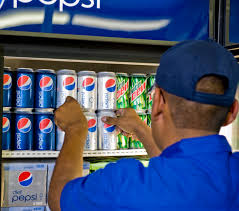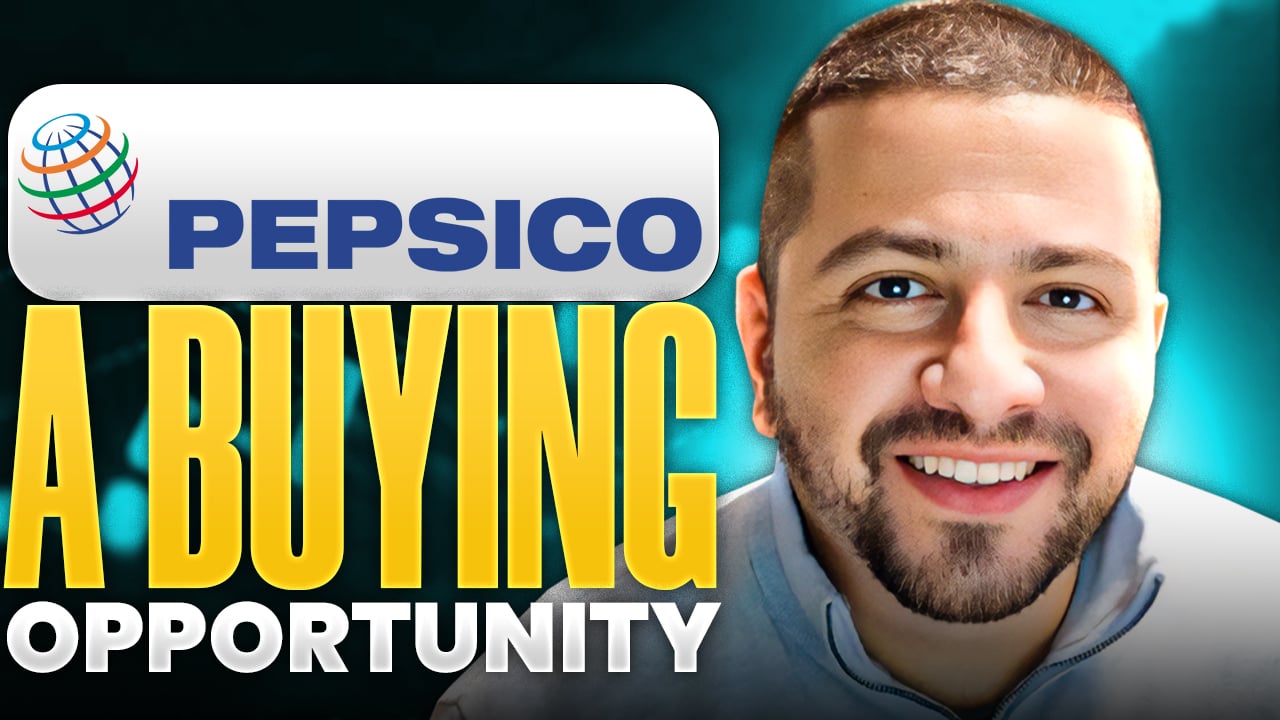The soda business is suddenly hot for everything but soda. Last month, PepsiCo (PEP 0.62%) announced it was acquiring sparkling water leader SodaStream (SODA +0.00%) for $3.2 billion in a play on healthier drinking options. Meanwhile, Coca-Cola (KO +0.36%) made its biggest acquisition ever with the $5.1 billion purchase of Costa Coffee, one of the largest retail coffee companies outside the U.S.
As soda consumption continues its decades-long decline, it makes sense for Coca-Cola and PepsiCo to branch out from their core businesses. Let's see who made the better deal for investors.
Water, water everywhere
It is somewhat ironic that Pepsi bought SodaStream, considering that Coca-Cola moved into the home appliance market first by investing $2 billion in Keurig Green Mountain (now Keurig Dr Pepper) in 2014. The threat for Pepsi at the time was the introduction of the Keurig Kold system, a DIY at-home soda-making appliance that Keurig completely mispriced, leading to the whole venture collapsing.
But Pepsi is really betting on sparkling water, not soda, with its SodaStream acquisition. Because it has had a long-running partnership with SodaStream, Pepsi knows the business it is buying into and the opportunity it represents.

Image source: Getty Images.
Water is huge. Bottled water has become the most popular beverage in the U.S., with 13.7 billion gallons sold last year, a 7% increase from 2016, while dollar sales rose nearly 9% to $18.5 billion. And sparkling water may be the fastest-growing component, with sales rising 42% over the last five years, leading to 170 million gallons being consumed annually.
Focusing on sparkling water at SodaStream should also help Pepsi avoid alienating its bottlers. Bloomberg reported that Pepsi tried to assuage bottler concerns about the SodaStream deal by telling them it wouldn't offer Pepsi-brand flavors in the home carbonation unit.
A steaming cup of joe
Coca-Cola's acquisition is no less challenging, because it is moving into a market dominated by the likes of Starbucks and McDonald's. Although Costa is one of the largest coffee chains in the world, 2,500 of its roughly 3,800 stores are located the U.K. (its home market). Another 450 stores are in China, where Coke hopes to achieve more growth.
While Coke views the market as fragmented and notes that "[n]o single company in the world has a strong foothold across all parts of coffee," there is no denying that Starbucks' ubiquitous presence around the globe will make it difficult to break out.
Still, Coca-Cola does have an opportunity to differentiate the Costa brand from other coffee brands, particularly in supermarkets and restaurants, and to use its significant distribution muscle to get ready-to-drink coffee beverages into a variety of channels.

Image source: Getty Images.
Coca-Cola is diving into coffee because it says it is one of the world's fastest-growing beverage categories, rising 6% annually. It views Costa as a platform to reach many outlets because it has "a great supply chain in coffee, a world-class roastery, a strong retail presence and a vending system." But Costa likely has low recognition outside of its home market, making it more difficult to compete against established brands, even with Coke's marketing machine.
Coffee seems like a natural extension of Coca-Cola's existing line of beverages, which includes soda, juice, and water. However, it does risk upsetting some established customers like McDonald's, which has had a relationship with Coca-Cola since 1955. The Costa Coffee acquisition means that Coca-Cola will be both a supplier and a competitor for McDonald's going forward. Additionally, going from cold beverages to hot drinks may not be as simple as it appears.
So, whose buy is best?
PepsiCo's acquisition of SodaStream and Coca-Cola's acquisition of Costa Coffee present unique opportunities for the soda giants. Both are chances to branch out in new directions in industries that are growing -- though each market has its own set of risks. However, I think PepsiCo gets the edge.
Its new purchase is not such a grand deviation from its existing business. Furthermore, it is buying a well-known brand. And at least initially, it's not encroaching on its home turf of flavored soda, so it won't upset its partners too much.
Meanwhile, Coca-Cola admits it is buying more of a platform than a brand. Costa Coffee doesn't have much recognition outside the U.K., so Coca-Cola will need to rely on its deep pockets to get consumers to change their habits. It also faces stiff competition in a very saturated market. Finally, it will end up competing at some level with some of its existing partners, which may make for difficult relationships.
Both deals seem smart and are almost necessary steps for the companies to offset declining soda sales, but I still think Pepsi's deal is the better one.







